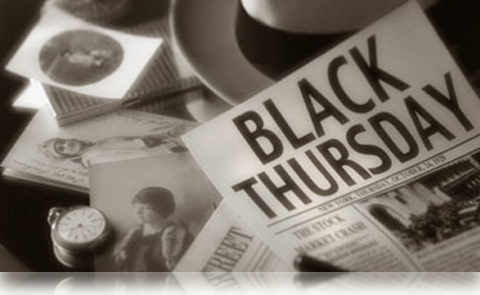
Our Dated World
9/11 is a marketing slogan, a selling point for our politicians from the president on downward. It is automatic banner for the media to use and re-use as many times as possible as product by which we consumers frame our lives, our spending habits and our understanding of the world.
Since September 2001, there have been a string of repulsive terrorist attacks, from Bali to Turkey. But we Westerners have not appreciated those strikes at all, because we’ve been fixated on dates. Ask anyone when Bali was attacked and they might first ask you where the hell that place is. Or when bombs went off in Turkey; doesn’t that always happen there? But ask about London or Spain, and you’ll get the automatic answers: 3/11 and 7/7 (and now, 7/21.) When the attacks happen on our soil, we remember them. When they happen over there...well, who cares?
The way these disasters are packaged tells us a lot about how we conceptualize not only ourselves, but the world at large. Almost immediately, we are told that these events Change Everything. Politicians and analysts immediately take over the airways to offer their opinions. Newspaper editorials are filled with typical articles attempting to piece together a suicide bomber’s history with interviews of family and friends. Statesmen, looking shaken and somber, inform us that we will not be cowed or give in to terrorists. Television crews patrol the streets and we hear indignant declarations by regular folks that they’re going with their daily lives.
On one hand, how else do we react? We live in times of nervousness and anxiety, and often look to authority figures to tell us that everything is going to be fine. Or that the police are hunting down the killers, the sleeper cells, or what not. We talk about security issues in an effort to be engaged and make sense of what’s happened.
But just as quickly, something else starts to happen. There’s a difference in finding the perpetrators and fathoming their reasoning and that of framing what the event means in the larger picture. That job falls to the media, who package tragedies as tidbits of information that are supposed to give us a framework of understanding. Think of it as Cliff’s Notes for Understanding the World. There isn’t a lot of deep analysis and context (that requires too much thinking for a society that wants answers fast) but there is enough to reinforce a political message: we are engaged in a war on terror and terrorist strikes threaten our freedom, so we should support the government. 9/11, 3/11, 7/7: these slogans ring out to us and make us pick up the lenses to which we’ve been accustomed. Give us a date and we’re halfway to understanding the message without having to hear a word.
There’s nothing wrong with looking for understanding, but there is a danger when we rely on media networks to give us information that is meaningful. Packaging destruction can produce a myopic vision of the world where we ignore other disasters as if we reinforce our own suffering, or worse, lay claim to all suffering.
I don’t lay claim to offering up a “correct” response to terrorist strikes, but it’s impossible to ignore the media’s role in fashioning our opinion by packaging disaster into an easy sound bite. In these cases, sometimes the voice of the media and a government can converge with alacrity, and we need to be on our guard. Otherwise, we run the risk of packaging our own emotions and understanding into something that can be reduced to an opinion poll. Terrorists do not need our understanding: they are not broken spirits driven to kill in despair. They are murderers who want to kill, period. At the same time, we should resist having our sorrow packaged so neatly by the talking heads of the media as just another product to be consumed.